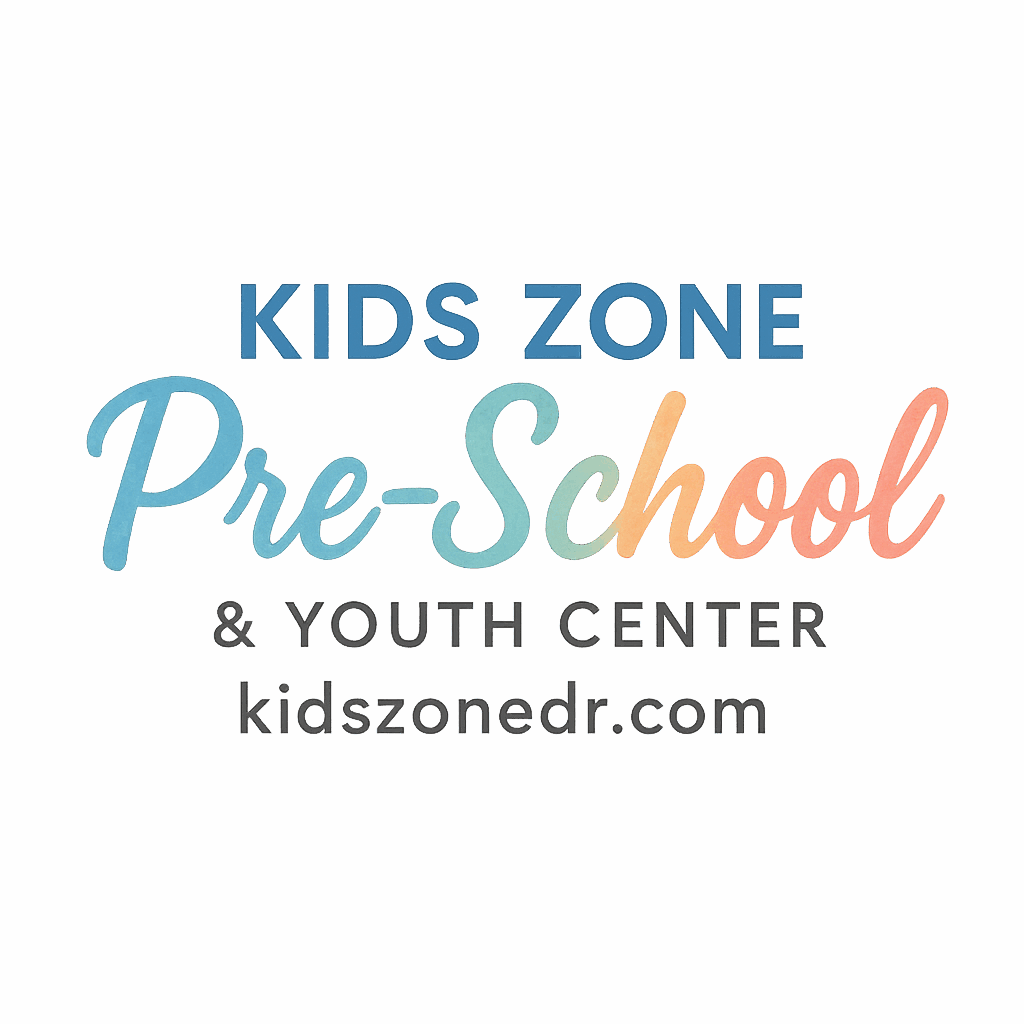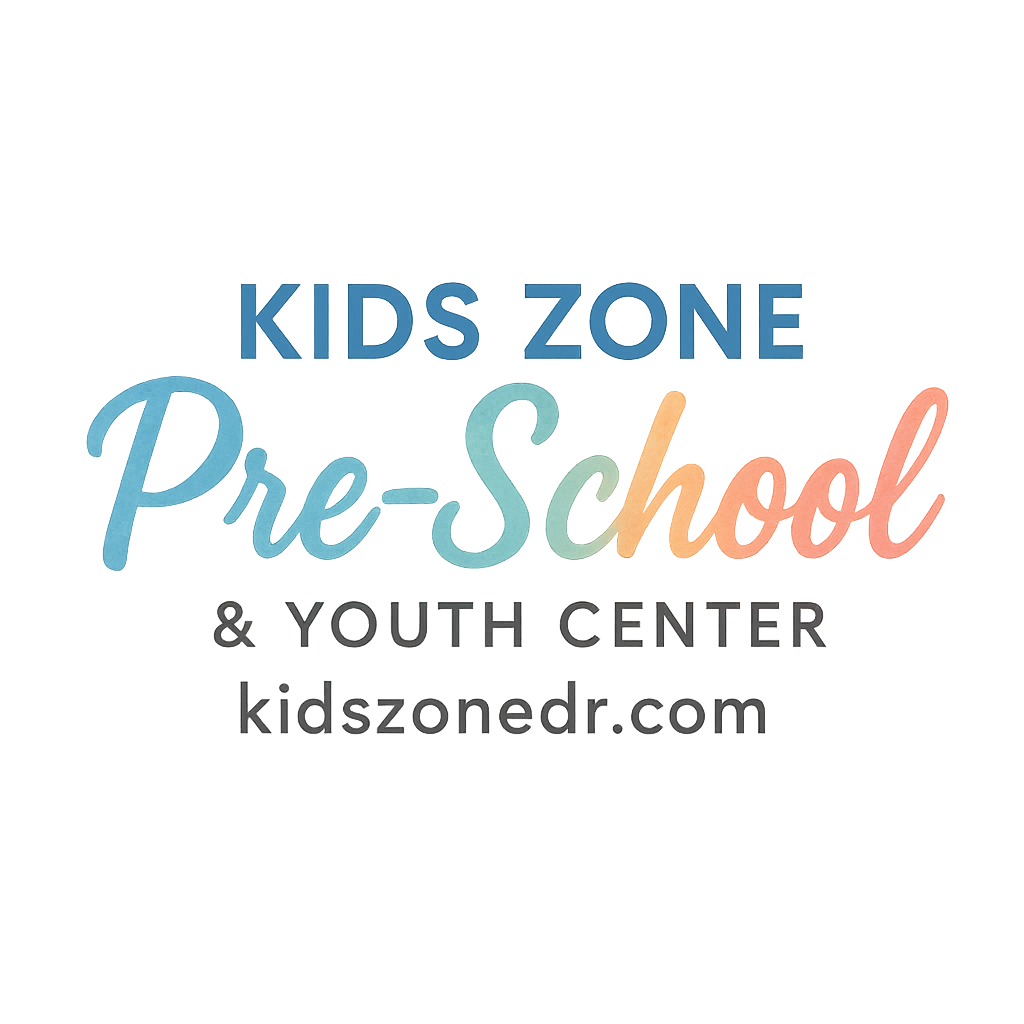Introduction to Dramatic Play in Preschool
If you’ve ever watched a group of preschoolers turn a pile of blocks into a castle or transform a few chairs into a roaring bus, you’ve seen the magic of dramatic play in action. Dramatic play isn’t just “playing pretend”—it’s a powerful learning tool that helps kids explore the world around them, develop social skills, and build confidence in a safe environment.
Preschools and youth centers that integrate dramatic play themes give children the chance to role-play real-life scenarios. This kind of play lays the foundation for problem-solving, teamwork, and creativity—all while being incredibly fun.
Why Dramatic Play is Important for Child Development
Building Social Skills
When children step into different roles, they practice cooperation, negotiation, and turn-taking. For example, deciding who will be the cashier in a grocery store scenario teaches kids how to compromise and share responsibilities.
Encouraging Language & Communication
Dramatic play encourages children to use new vocabulary in context. Phrases like “Would you like a receipt?” or “Your appointment is ready” expand their language and comprehension skills naturally.
Boosting Confidence and Independence
Every role-play session gives kids the chance to make decisions and solve small challenges. Whether they’re “ordering food” or “fixing a patient’s arm,” these experiences help build self-confidence and independence.
👉 To learn more about how preschool fosters growth and development, check out Preschool Learning Development.
How Teachers and Parents Can Support Dramatic Play
Creating a Safe & Stimulating Environment
Props, costumes, and well-defined play spaces invite kids into the world of pretend. A simple setup with baskets of pretend groceries, stethoscopes, or menus can transform an empty corner into a world of possibilities.
Balancing Guidance and Independence
Adults should encourage creativity without controlling the storyline. Asking open-ended questions like “What’s happening in your restaurant today?” helps children expand their imagination while staying in charge of their play.
👉 Parents can explore more ideas for supporting their child’s play through Parental Guidance and Involvement.
5 Preschool & Youth Center Dramatic Play Themes Kids Love
1. Grocery Store Theme
Who doesn’t love playing “shop”? A grocery store theme is one of the most popular dramatic play setups in both preschools and youth centers.
Learning About Money & Math
Kids practice counting, sorting, and even making simple transactions. Using play money introduces the concept of budgeting, while weighing “produce” or matching food items encourages math and problem-solving.
Encouraging Healthy Eating Conversations
The grocery store theme is also the perfect time to talk about food choices. When kids “buy” fruits and vegetables, teachers can naturally weave in lessons on healthy eating and nutrition.
👉 For a deeper dive into promoting wellness in preschool, visit Health & Safety in Preschool.
2. Doctor’s Office Theme
Children are naturally curious about health and the human body. A dramatic play doctor’s office lets them explore medical roles in a safe and fun way.
Health, Safety, and Empathy Lessons
Kids pretend to be doctors, nurses, or patients—learning empathy, responsibility, and the importance of taking care of others. They also learn the basics of wellness and hygiene, like handwashing or check-ups.
Reducing Doctor Visit Anxiety
Visiting a real doctor can be intimidating. Pretend play helps children feel more comfortable with medical environments, reducing anxiety during real-life appointments.
3. Restaurant or Café Theme
What child doesn’t enjoy “cooking up” a special dish? A restaurant or café dramatic play setup brings food, fun, and social skills together.
Exploring Food, Nutrition, and Manners
From cooking meals to serving tables, this theme teaches kids about nutrition, meal preparation, and the importance of good table manners.
Practicing Social Interactions
Taking orders, waiting for “food,” and serving others allows children to role-play polite communication. They practice patience and teamwork—skills they’ll use their entire lives.
👉 For more ideas on structured activities that build skills, check out Daily Routines & Activities.

4. Community Helpers Theme
Firefighters, police officers, teachers, and mail carriers—community helpers are heroes in the eyes of young children. This dramatic play theme connects kids with real-world roles.
Understanding Responsibility and Teamwork
Children acting as firefighters or postal workers learn about responsibility and teamwork. They see how different jobs contribute to the safety and success of a community.
Inspiring Career Curiosity
Pretend play introduces children to future career possibilities. A child pretending to be a teacher today may develop a lifelong interest in education or leadership roles tomorrow.
👉 To learn more about supporting your child’s growth, explore Kids Development.
5. Home and Family Theme
The classic “house” play is timeless. Kids love mimicking family life—cooking, cleaning, caring for babies, or simply “hosting guests.”
Daily Routines and Habits Practice
This play theme lets kids practice daily routines like brushing teeth, making meals, or cleaning up. These simple scenarios encourage responsibility and independence.
Strengthening Emotional Expression
Pretend family play also provides a safe space for children to express emotions, problem-solve conflicts, and practice nurturing behaviors.
👉 Learn more about the value of routines and structure at Choosing the Right Preschool.
Benefits of Introducing These Themes in Youth Centers
Supporting Growth and Development
Each dramatic play scenario introduces new challenges that build motor skills, creativity, and emotional intelligence. Kids not only “pretend” but also learn real-world skills.
Encouraging Creativity Beyond the Classroom
Dramatic play isn’t limited to preschool. Youth centers benefit by using these themes with older kids, encouraging them to collaborate, create stories, and explore new interests.
Tips for Setting Up Dramatic Play Areas
Using Props and Costumes
Props don’t need to be expensive. Recycled boxes can become “ovens,” and fabric scraps can serve as costumes. The more hands-on, the better.
Rotating Play Themes
Changing play setups keeps children engaged. A grocery store can turn into a restaurant, then into a doctor’s office, all with just a few adjustments.
Involving Parents in Play
Parents can donate props, volunteer in play sessions, or extend role-play ideas at home. This strengthens school-home connections and gives kids consistency.
👉 Read more about how involvement boosts learning at Parental Involvement in Preschool.
Conclusion
Dramatic play isn’t just about costumes and props—it’s a gateway to lifelong learning. From grocery stores to doctor’s offices, each theme brings unique opportunities for growth, creativity, and connection. By introducing these five preschool and youth center dramatic play themes, teachers and parents can help kids explore the world around them, gain confidence, and build the social and emotional skills they’ll carry into adulthood.
FAQs
1. Why is dramatic play important in preschool?
It supports social, emotional, and language development while helping kids explore real-life scenarios in a safe way.
2. What materials are best for a dramatic play area?
Costumes, props, simple furniture, and everyday items like boxes, clipboards, and kitchen utensils work well.
3. How often should teachers rotate dramatic play themes?
Every 3–4 weeks works best, but it can depend on the children’s interests and engagement.
4. Can parents set up dramatic play at home?
Absolutely! A corner with simple props like a toy cash register or doctor’s kit can spark hours of pretend play.
5. How does dramatic play help with language skills?
Role-playing introduces new vocabulary and encourages children to communicate in full sentences.
6. Do dramatic play themes work for older kids in youth centers?
Yes, older kids can explore more advanced themes like running a business or planning events, which boost teamwork and creativity.
7. What’s the most popular dramatic play theme?
The grocery store and doctor’s office are usually the favorites, but each group of children may have unique interests.


